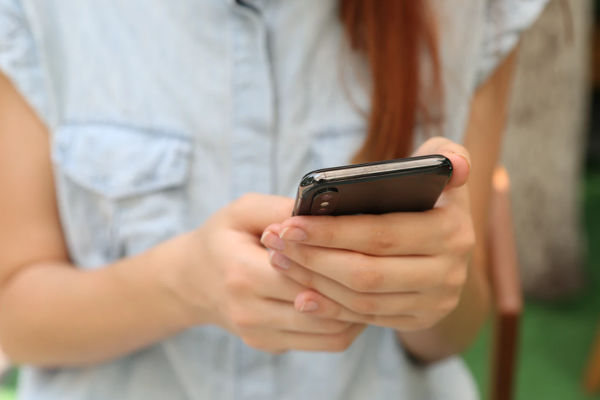It has happened to many of us—perhaps while playing volleyball outside, lounging with friends around the lake or even at a religious event. Everything appeared fine and then, all of a sudden, FU-PO shows up. They tell you that they received an anonymous tip about a “dangerous” gathering, and they came to make sure everyone was following the rules. Looking around at your peers, the majority of whom are masked and socially distant, you know everyone around you is thinking the same thing - Someone reported us?
As the LiveSafe app has become more prevalent on campus because of the requirement to complete daily health screenings, the anonymous ‘report tips’ feature has also become increasingly popular. Unfortunately, its increased use is hardly contributing to a safer campus environment.
Instead of utilizing the app for real issues, it is being abused as a COVID-19 snitch tool. See someone unmasked? Snap a pic and send a tip. A gathering is not completely socially distanced? Oh boy, here comes FUPO. The university even encouraged this behavior in a Furman Focused email in late August. “We encourage you to…continue reporting potential violations using the LiveSafe app…” However, using LiveSafe for COVID-related infractions is counterproductive.
Reporting another student only creates division—it is as simple as that. The last thing we need on campus right now, in a time where togetherness is scarce, is incessant reporting that inevitably drives a wedge between students. Additionally, reports are often made hastily without first personally appealing to the transgressor. Many are all too quick in reporting a fellow student the second they step within six feet of another person, or when someone pulls their mask down for a single moment. Most community members are receptive when politely reminded to mask up—a kind reminder or imploring aside is less likely to aggravate than an unannounced and uncalled-for FUPO appearance.
In addition to creating a sense of suspicion and hostility on campus, the incentive to report people outside and in public places simply encourages rule breakers to move inside in closer quarters, where the virus is more likely to be spread. If a group of friends is reported for being unmasked in the quad, chances are they’ll break the rules again only out of sight from petty reporters. Additionally, the risk of being reported on campus is encouraging party-goers to move off campus. This creates even more dangerous of a situation as campus member interact with citizens from the greater Greenville area. Essentially, reporting true rule-breakers is only going to make their behavior more dangerous—is that what we want?
Most importantly, the anonymous tip option on LiveSafe could be better used in different scenarios. Instead of deeming it a “corona only” tool, it should be used in situations that are seriously harmful, like theft or sexual assault. What message are we conveying when we elect to report someone for not wearing their mask on their way to the bathroom, but do not emphasize the importance of documenting transgressions? I understand that COVID is a big issue for many, but on college campuses the odds of getting sick are no less than the chances of being sexually assaulted or being in need of immediate assistance.
As a small campus, we are a tight-knit community. Why would we sacrifice this closeness by snitching on each other? While yes, the LiveSafe app is used to keep us safe, the nature of the coronavirus lends itself to the growing misuse of the app, which was put in place for issues that are much more severe. Altering the way we use the tips feature would benefit us all, not only by discouraging division and dangerous behavior, but by shedding light on more intense issues and using it for a greater, more meaningful cause.
